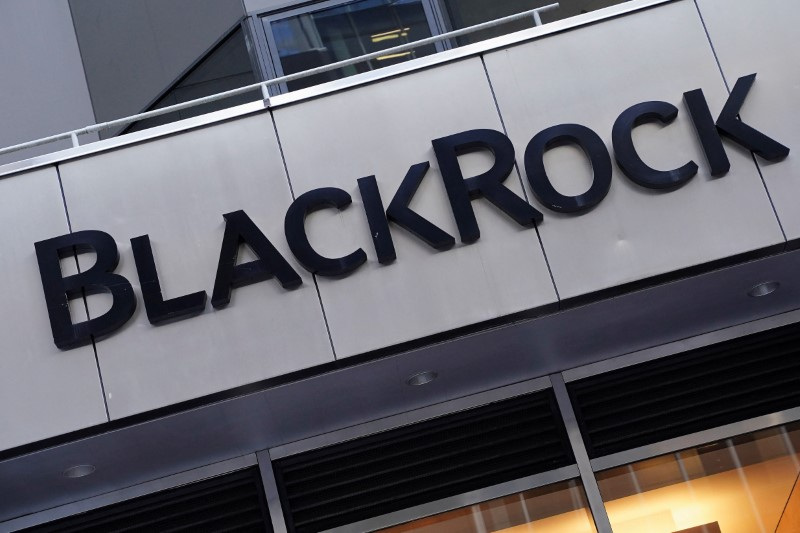
Chris Lange, FISM News
[elfsight_social_share_buttons id=”1″]
BlackRock will close a China-focused offshore fund, citing a “lack of shareholder interest.” The announcement, made last Friday, came less than a month after congressional lawmakers accused the asset management giant of directing U.S. investments into blacklisted Chinese firms – an accusation BlackRock previously denied.
BlackRock Global Funds Chairwoman Denise Voss also said that the investment cost to keep the China Flexible Equity fund active was “not in the best interest of shareholders” in a letter sent to investors, as reported by The Epoch Times.
The company said it will liquidate all of the fund’s assets and redeem any outstanding shares by Nov. 7. Existing shareholders were given the option to sell back their shares prior to that date, take automatic payments for their respective shares when it closes, or move their investments into another fund.
BlackRock opened the China Flexible Equity fund in 2017, and initially built to an asset value of around $21.4 million as of late August. It experienced a negative 16.7% return in 2021, which nearly doubled to a negative 30.5% return in 2022.
The closure comes just weeks after the House Select Committee on China launched an investigation into BlackRock and MSCI, another asset management firm, over investments into certain Chinese companies. The panel accused both firms of making American investors “unwitting” accomplices in the Chinese Communist Party’s development of “weapons for the People’s Liberation Army” and the advancement of “the CCP’s stated mission of technological supremacy.”
Committee chair Mike Gallagher (R-Wis.) and ranking member Raja Krisnamoorthi (D-Ill.) wrote in identical letters to BlackRock CEO Larry Fink and MSCI CEO Henry Fernandez that the panel’s preliminary findings revealed the firms facilitated investment into more than 60 Chinese entities, combined, that were red-flagged by the U.S. government over national security concerns and/or human rights violations.
“The true scale is likely much larger,” they wrote, noting that their research, at that point, was not comprehensive.
BlackRock invested more than $429 million across five funds into Chinese firms that “act directly against the interests of the United States,” they continued, also making reference to at least 40 blacklisted Chinese companies listed on the MSCI indexes.
AN ‘UNCONSCIONABLE’ BETRAYAL
“It is unconscionable for any U.S. company to profit from investments that fuel the military advancement of America’s foremost foreign adversary and facilitate human rights abuses,” the lawmakers wrote, accusing BlackRock and MSCI of “exacerbating an already significant national security threat and undermining American values.”
CCP-backed tech giant Tencent was listed among the top invested Chinese firms for the China Flexible Equity fund. Tencent was hit with sanctions by the Trump administration for silencing dissent and spreading CCP propaganda through its popular WeChat messaging app. State-run hydropower operator China Yangtze Power and electric power equipment supplier Nari Technology were also named in the missive.
BlackRock denied any wrongdoing in a statement to CNN following the announcement of the probe. “The majority of our clients’ investments in China are through index funds, and we are one of 16 asset managers currently offering US index funds investing in Chinese companies,” it said.
MSCI told the outlet at the time that it complies with all U.S. laws.
A spokesperson for China’s U.S. embassy remarked that “overstretching the concept of national security and politicizing economic, trade and investment issues runs counter to the principles of market economy and international trade rules” in a statement to Reuters.
BlackRock is also the subject of an ongoing separate investigation by the House Judiciary Committee into whether its ESG policies violate U.S. antitrust laws.
